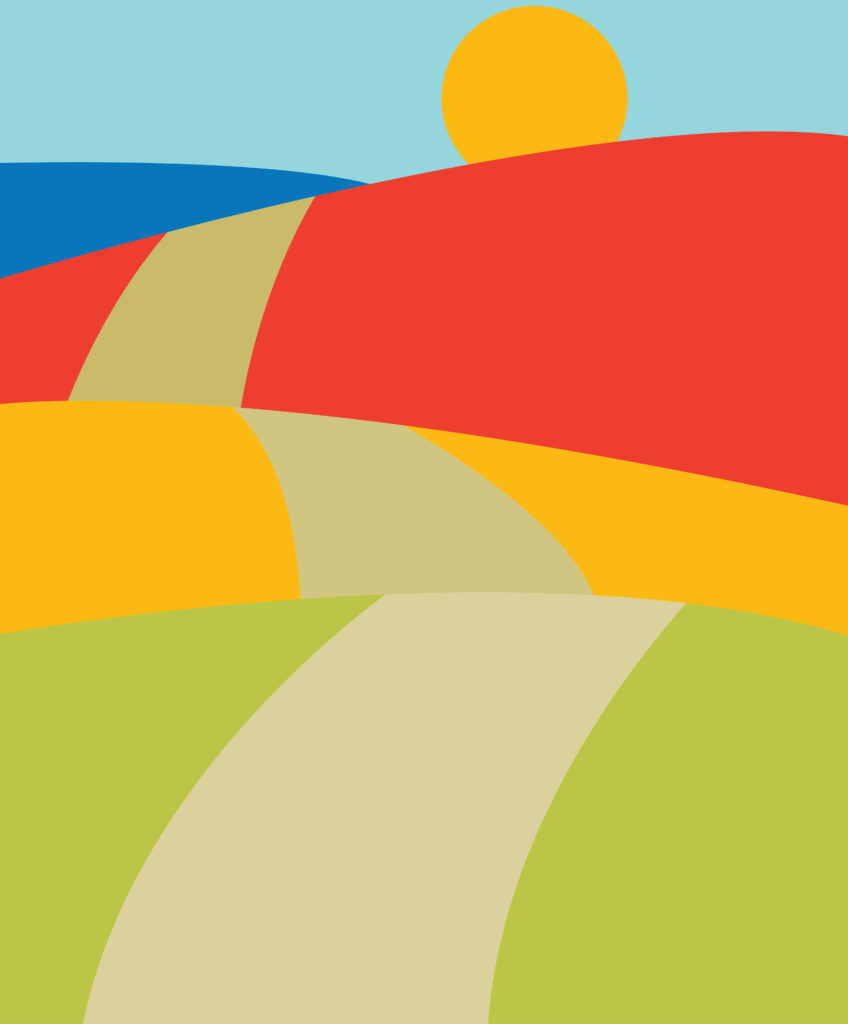Breaking Taboos
by Rebecca Crichton
When I think of the word ‘pioneer,’ an image of covered wagons, tough men, stoic women, and great-looking sunbonnets flashes through my mind. An odd mashup of TV, films, and other American mythic lore. All right, that might be a bit of a stretch, but the word evokes glimpses into the past.
Most of us never get to meet a real pioneer, someone who breaks the ground on something significant, a scout in an unexplored landscape.
My friend Trudy James was a true pioneer in the field of end-of-life awareness and advocacy. We worked together and shared insights, learning, and approaches to normalizing end-of-life discussions. She died on Sunday, October 20.
Her death exemplified one of the aphorisms in the end-of-life field: she died the way she lived. Clear-eyed and honest, generous, humorous, she knew what she wanted for her death. Her family and friends who surrounded her knew they were fulfilling her wishes.
At the celebration of her life three weeks before she died, more than 70 people came to say goodbye and honor her. People were encouraged to take one of her candlesticks or scarves or other small mementos.
When Trudy started her work with AIDS patients in the 1980s in Arkansas, she was truly entering a space of fear and ignorance. The care teams she started eased the final days of many young men.
This was the beginning of her life’s work. Her mission continues with the many informed and engaged volunteers who followed her.
Trudy’s work coincided with the effect of the Boomers, who are now aging into what is sometimes called the ‘Silver Tsunami.’ Born between 1945 and 1965, they spearheaded major societal shifts in our lives. Now that cohort is aging, and their needs and desires are different than previous generations. The medical profession and the marketplace are both responding with more options for aging well and end-of-life choices.
I and my colleagues joke that “Death is the new Sex.” Like that former taboo, we are discovering that sharing our experiences connects and informs us in ways that open up our lives. The options for discussing and learning about death have multiplied exponentially. Death Cafes, Death over Dinner, TED Talks, podcasts, and a constant stream of books and films have normalized the topic more than ever before.
We have all experienced losses and griefs. If we weren’t innately equipped to survive them, none of us would be here. We have it within us to heal. If you cover up a wound for too long, it festers. At some point, we must expose it to the air.
Talking about uncomfortable and prohibited topics, can free us and give us agency. Thinking intentionally about what we want at the end of our lives means we can live more fully in the present.
